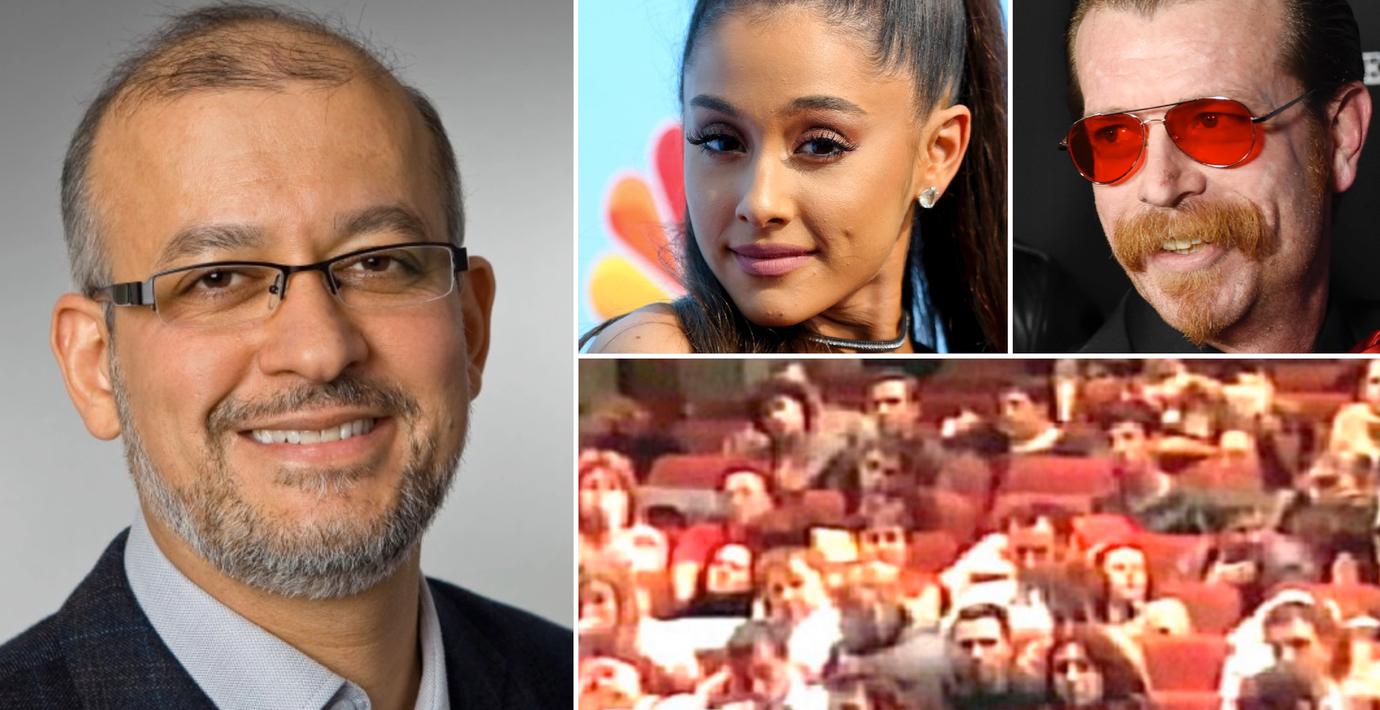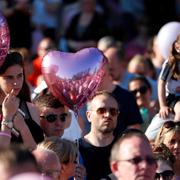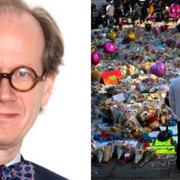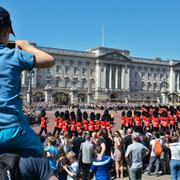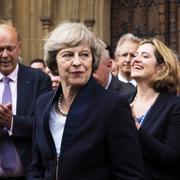bakgrund
Attentatet mot Bataclan 2015
Wikipedia (en)
The November 2015 Paris attacks were a series of coordinated terrorist attacks that occurred on Friday 13 November 2015 in Paris, France and the city's northern suburb, Saint-Denis. Beginning at 21:16 CET, three suicide bombers struck outside the Stade de France in Saint-Denis, during a football match. This was followed by several mass shootings, and a suicide bombing, at cafés and restaurants. Gunmen carried out another mass shooting and took hostages at an Eagles of Death Metal concert in the Bataclan theatre, leading to a stand-off with police. The attackers were shot or blew themselves up when police raided the theatre.
The attackers killed 130 people, including 89 at the Bataclan theatre. Another 368 people were injured, almost 100 seriously. Seven of the attackers also died, while the authorities continued to search for accomplices. The attacks were the deadliest on France since World War II, and the deadliest in the European Union since the Madrid train bombings in 2004. France had been on high alert since the January 2015 attacks on Charlie Hebdo offices and a Jewish supermarket in Paris that killed 17 people and wounded 22, including civilians and police officers.
The Islamic State of Iraq and the Levant (ISIL) claimed responsibility for the attacks, saying that it was retaliation for the French airstrikes on ISIL targets in Syria and Iraq. The President of France, François Hollande, said the attacks were an act of war by ISIL. The attacks were planned in Syria and organised by a terrorist cell based in Belgium. Most of the Paris attackers had French or Belgian citizenship, two were Iraqis, and all had fought in Syria. Some of them had entered Europe among the flow of migrants and refugees.
In response to the attacks, a three-month state of emergency was declared across the country to help fight terrorism, which involved the banning of public demonstrations, and allowing the police to carry out searches without a warrant, put anyone under house arrest without trial and block websites that encouraged acts of terrorism. On 15 November, France launched the biggest airstrike of Opération Chammal, its contribution to the anti-ISIL bombing campaign, striking ISIL targets in Raqqa. On 18 November, the suspected lead operative of the attacks, Abdelhamid Abaaoud, was killed in a police raid in Saint-Denis, along with two others.
